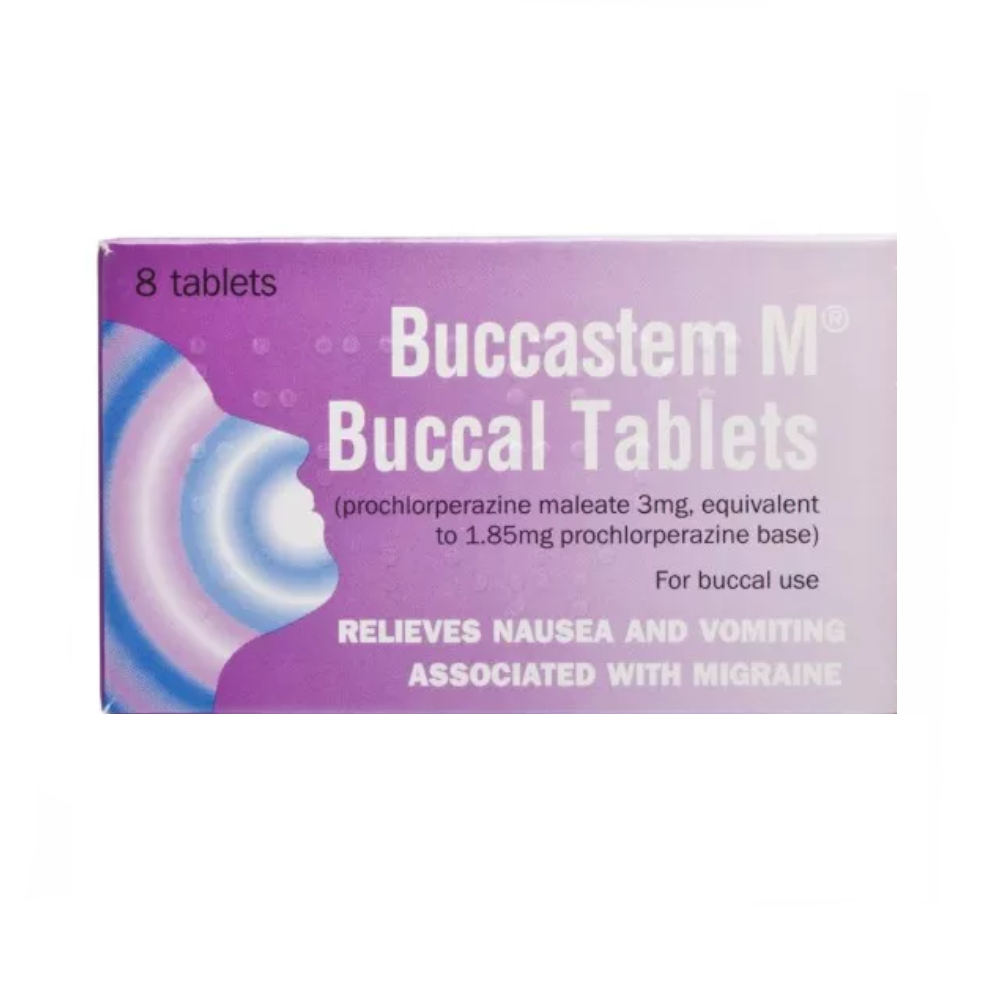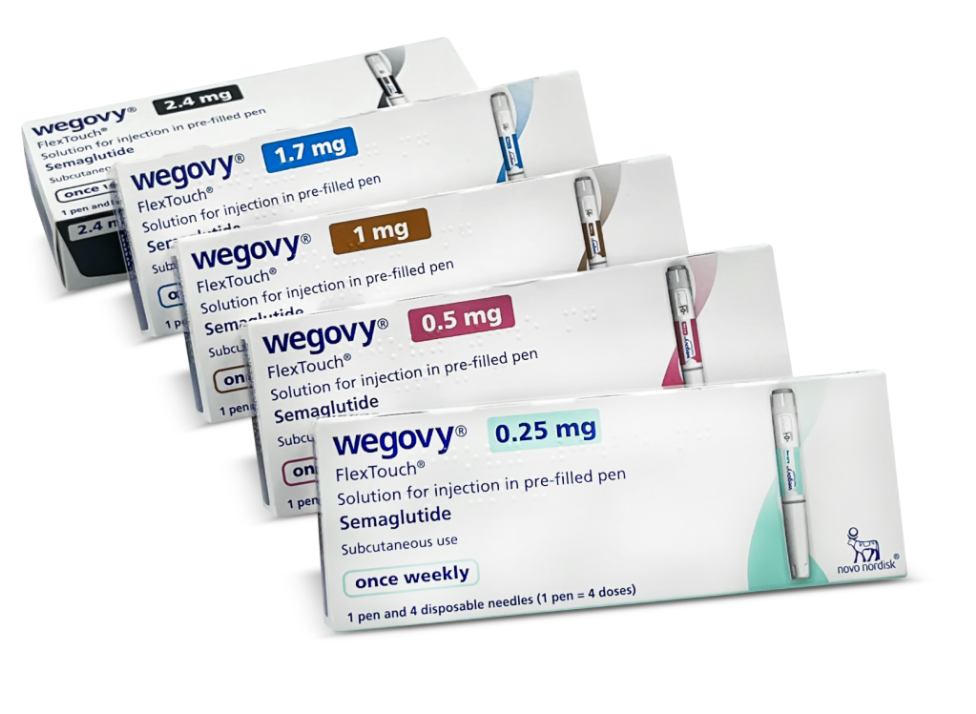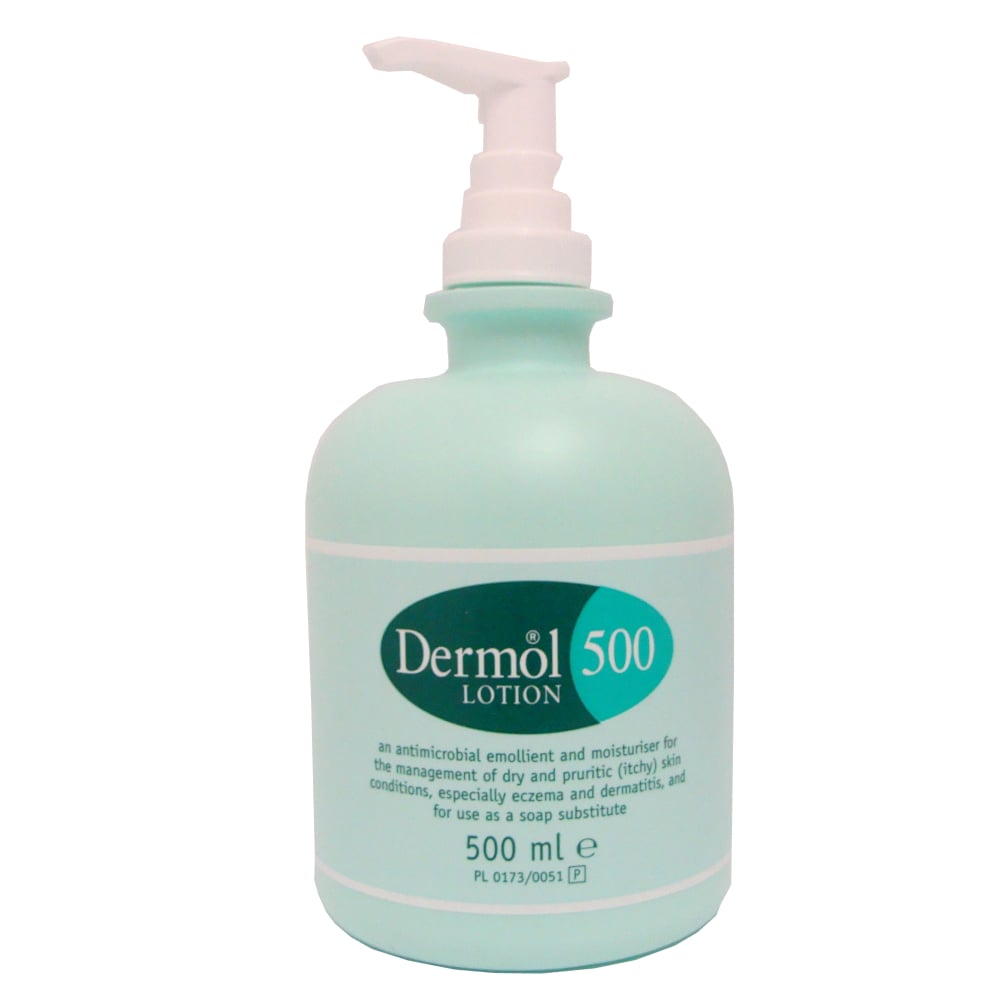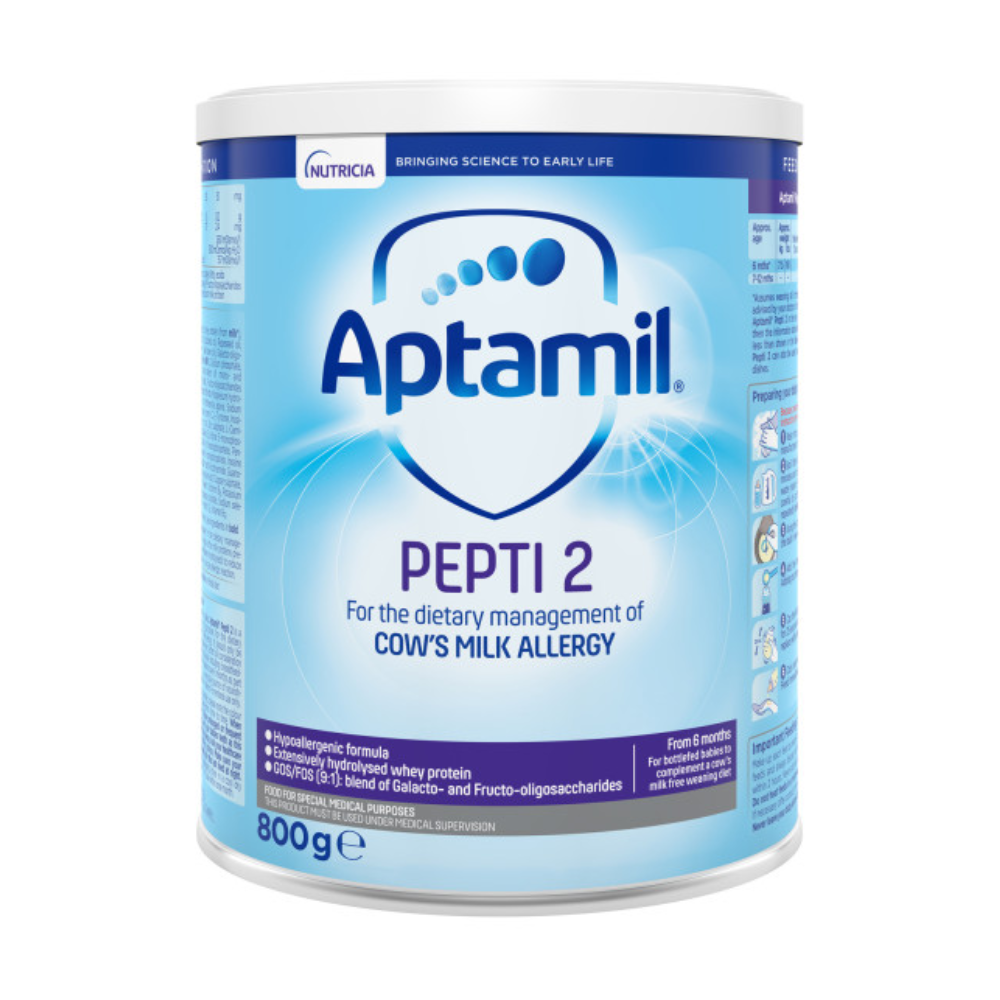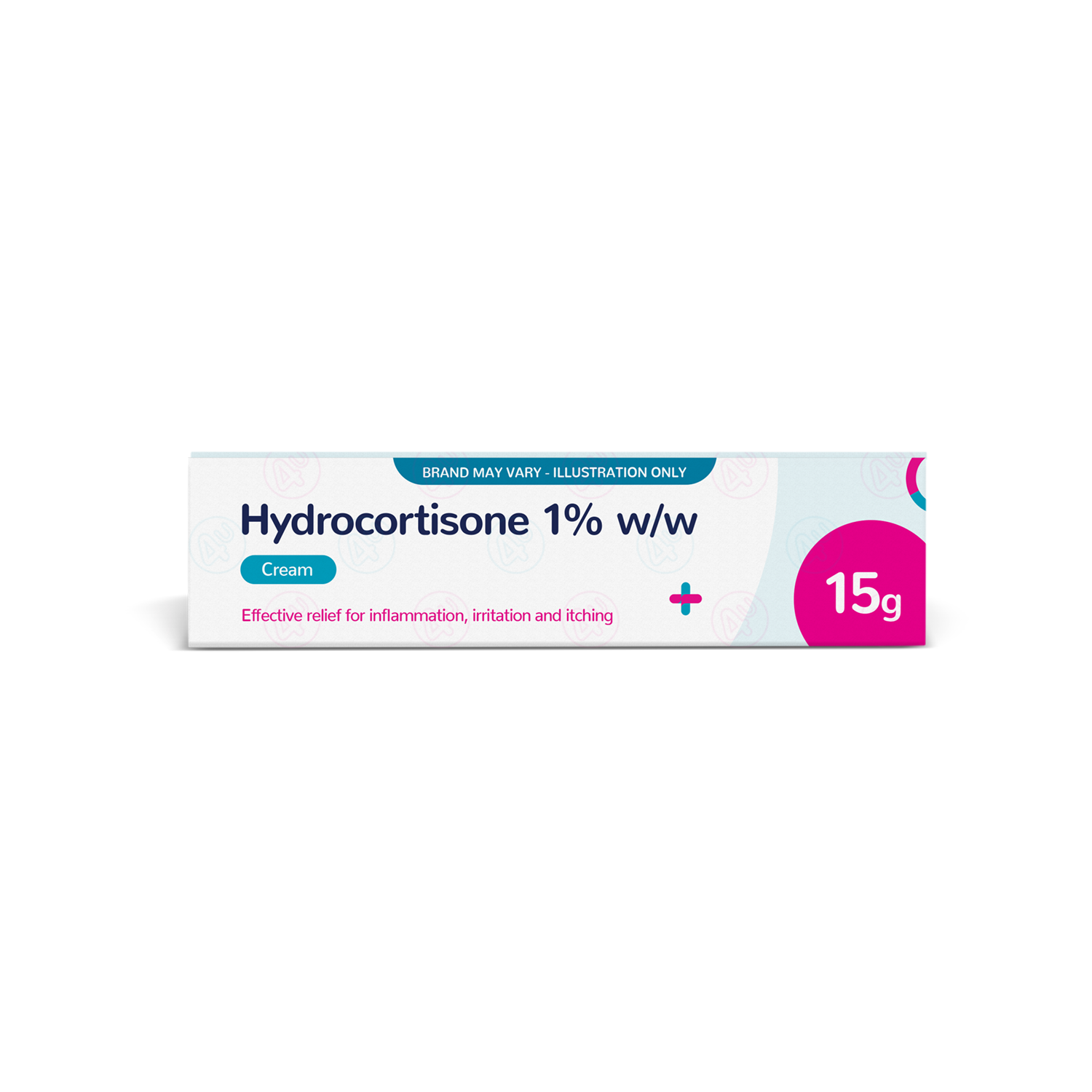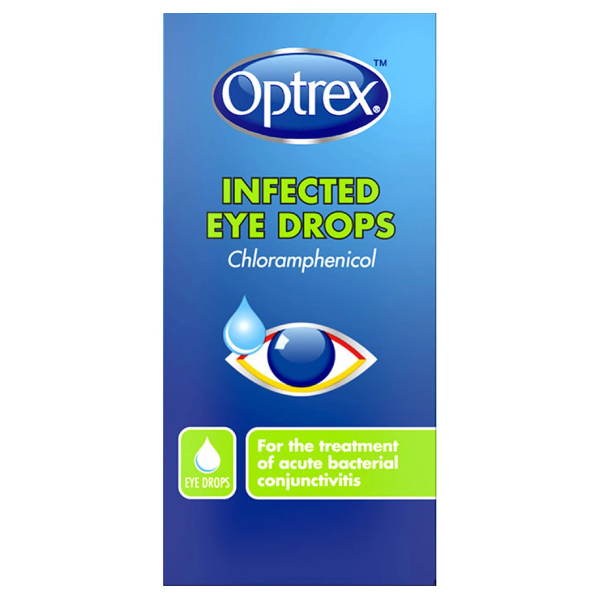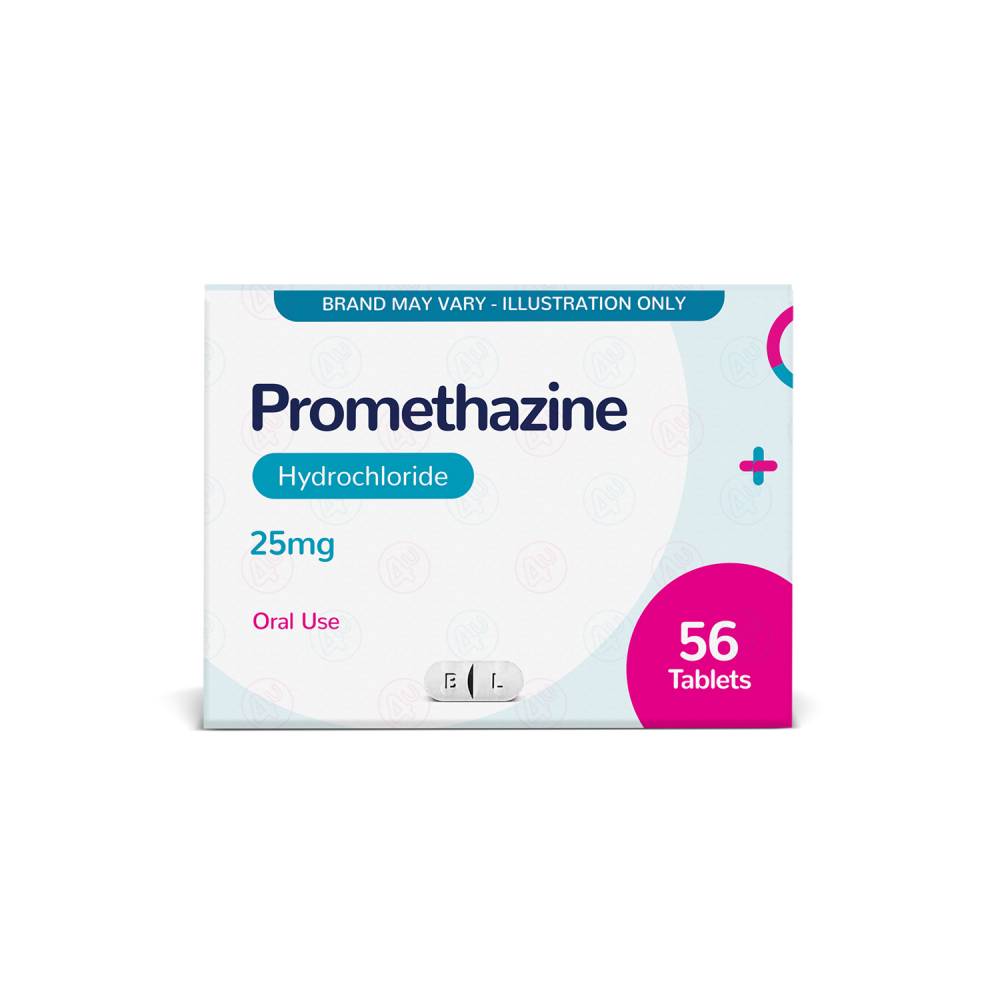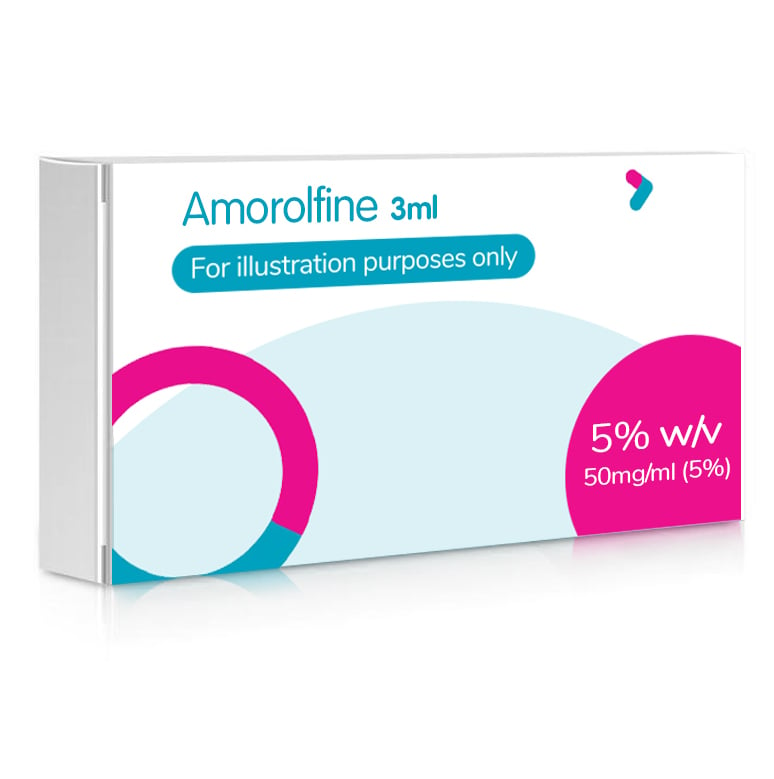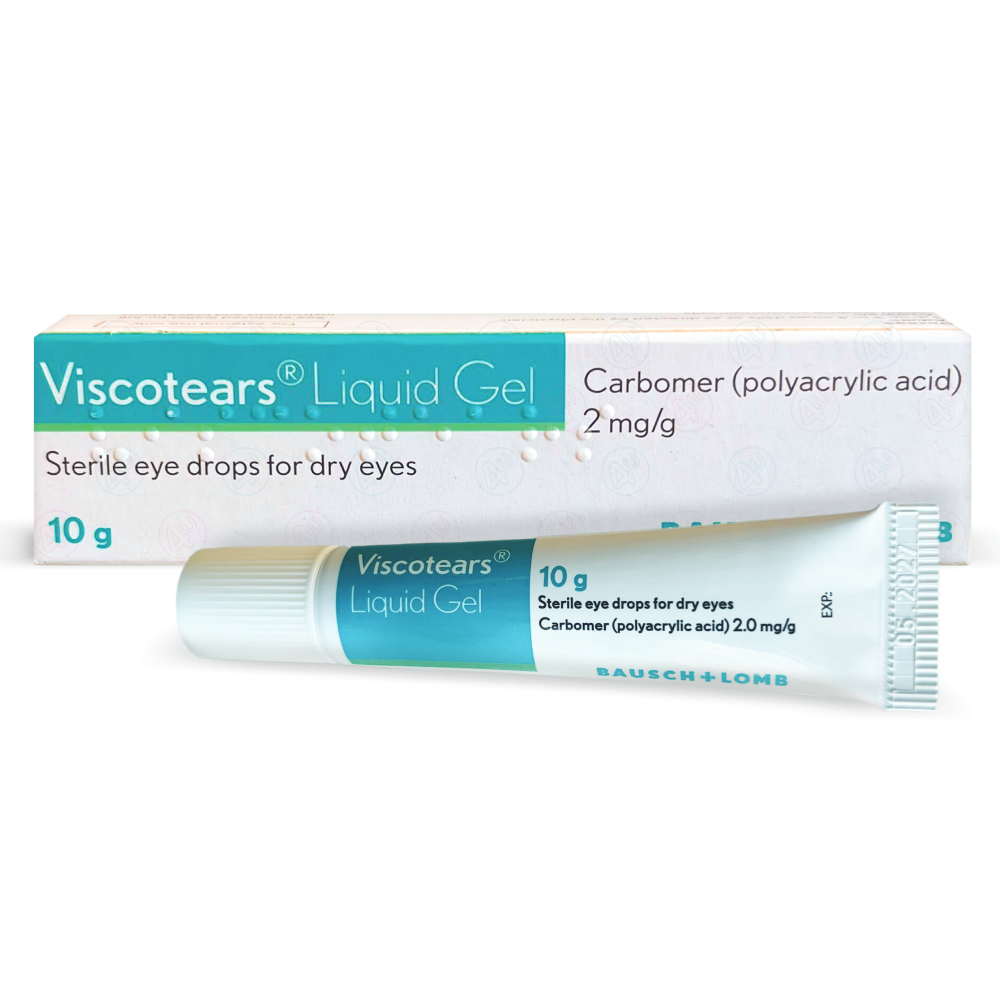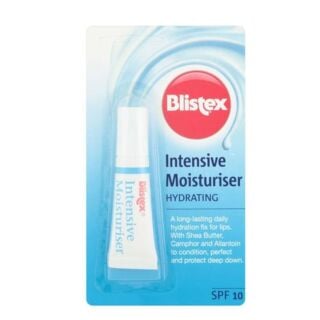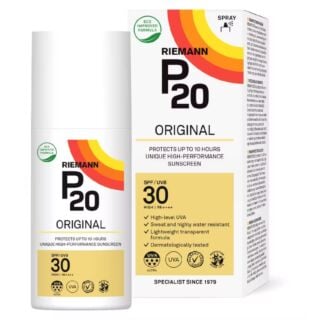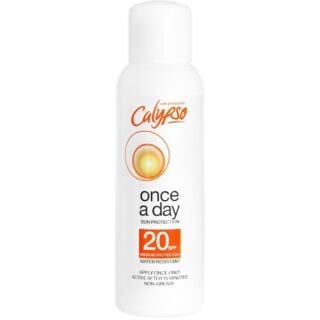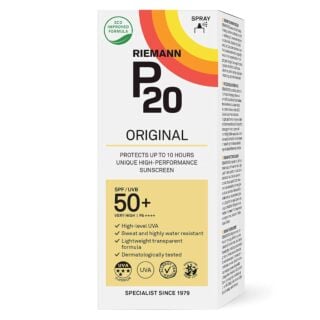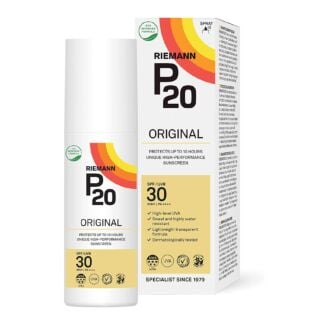Suncare
Whether you're jetting off on holiday or enjoying a sunny day at home, suncare is a must for protecting your skin. … Read More See less
With sprays, lotions and tinted formulas available there’s a sun cream to suit every skin type and routine - helping you stay safe in the sun whatever your plans.
What is sunscreen and why is it important?
Sunscreen – also known as sun cream - is designed to protect your skin from the sun’s harmful UV rays.
These rays can cause sunburn, premature ageing and increase your risk of skin cancer - even on cloudy days.
There are different types of sunscreen including lotions, sprays, gels and sticks. You’ll also find formulas made for specific areas like the face. Some are even tailored to specific preferences like tinted sunscreen.
The most important thing is choosing a sunscreen with a broad-spectrum SPF - ideally SPF 30 or higher - and applying it regularly throughout the day.
Protecting your skin with the right sun cream is one of the simplest ways to stay safe while enjoying the sun.
Types of sunscreen available
Not all sun creams are the same - different types work in different ways and suit different skin needs.
Whether you’re after gentle mineral protection or a tint that doubles as makeup, choosing the right one makes all the difference.
Let’s explore the key categories to help you find your perfect match.
Mineral sunscreen
Also called physical or natural sunscreen - mineral formulas rely on zinc oxide and/or titanium dioxide to create a physical barrier that reflects and scatters UV rays before they reach your skin.
These are often a top choice for sensitive skin but may require a large application. It can easily wash off with water too, so bear that in mind if it’s a pool day.
Chemical sunscreen
Chemical sunscreens – also known as organic sunscreen - absorb UV rays and convert them into harmless heat.
They tend to be water-resistant, invisible on the skin and blend in well - making them ideal for daily wear.
Just keep in mind they may be slightly more irritating to very sensitive skin and they tend to need 20 minutes or so after application before you’re ready to get out in the sun.
Tinted sunscreen
Tinted sun care products combine mineral filters with a touch of colour to even out skin tone, reduce whiteness and offer extra protection against blue light.
They’re especially helpful for darker skin tones or anyone looking to add a subtle sun-kissed look.
Spray, stick, and other formats
Beyond lotions - sunscreens come in sprays, sticks, powders and serums - each with its own perks.
Sprays are quick and convenient, though you must rub them in to avoid patchy coverage and take care around eyes and airflow.
Sticks and powders are handy for precise application on sensitive areas like around the eyes and avoid runny mishaps common with sprays and lotions.
Look for the UVA seal
No matter which type of sunscreen you choose, it’s important to check for the UVA logo on the packaging - a circle with "UVA" inside.
This means the product meets EU standards for UVA protection, which is at least one-third of the SPF rating, helping shield your skin from premature ageing and long-term sun damage.
What SPF should you use?
When it comes to choosing sunscreen, simplicity and clarity go a long way. The NHS recommends:
- At least SPF 30- SPF stands for Sun Protection Factor, and it tells you how well a product protects your skin from UVB rays, which cause sunburn.
- At least 4-star UVA protection- UVA rays cause long-term skin damage and ageing. Look for four or five stars on the back of the bottle, or a UVA logo in a circle, which means it meets EU standards.
This combination ensures both short-term and long-term skin health.
Best sunscreen for different skin types and needs
Finding the best sunscreen isn’t just about SPF - it’s about choosing a product that suits your skin and routine too.
Whether you’re in and out of water all day or you’re looking for something quick and easy to apply - here are some key features to look out for:
- For sensitive skin – Choose fragrance-free, hypoallergenic formulas or products labelled as suitable for sensitive skin. Mineral sunscreens and ranges like Altruist are often recommended by dermatologists
- For swimming or sports – Look for water-resistant or very water-resistant sunscreens. These are effective when you’re in the water or sweating, but you’ll still need to reapply regularly.
- For quick application – Spray sunscreens make it easy to cover large areas fast - just remember to rub them in! Stick sunscreens are great for topping up on the go and targeting delicate areas like the nose, ears or around the eyes.
- For oily or acne-prone skin – Go for lightweight, non-comedogenic sunscreens that won’t clog pores.
Suncare tips and advice
Looking after your skin in the sun isn’t just about applying sunscreen - it’s about building good habits that keep you protected all day long.
Here are five simple ways to stay safe in the sun:
- Stay out of the sun between 11am and 3pm – This is when UV rays are strongest, even on cloudy days
- Cover up where you can – Hats with wide brims, UV-protective clothing, and sunglasses help shield areas that are easy to miss with sunscreen
- Use shade wisely – Whether it’s a tree, umbrella or canopy - taking regular breaks from direct sunlight helps avoid overexposure
- Keep skin hydrated – After a day in the sun, use aftersun or a gentle moisturiser to cool, calm and rehydrate your skin
- Don’t forget your lips and eyes – Use an SPF lip balm and wear UV-protection sunglasses to guard sensitive areas
Who should take extra care?
Some people are more vulnerable to sun damage and should be especially cautious -even on cloudy days. Extra care may be needed if you:
- Have pale, white or light-brown skin
- Have freckles
- Have red/fair hair
- Tend to burn rather than tan
- Have many moles
- Have a family history of skin cancer
Babies and young children are particularly at risk. Those under six months should be kept out of direct sunlight entirely, and older babies and toddlers should be well shaded, covered and protected with SPF 30+ both at home and abroad.
People with naturally darker skin may have some built-in UV protection - but it’s important to remember that sunburn and skin cancer can still happen.
Taking proper precautions is essential for everyone.
Sources
- https://www.nhs.uk/live-well/seasonal-health/sunscreen-and-sun-safety/
- https://drstorm.co.uk/blogs/learn-with-dr-jude/sun-awareness-week-the-essential-guide-to-choosing-sunscreen-for-every-skin-type
- https://www.nhs.uk/live-well/seasonal-health/sunscreen-and-sun-safety
- https://www.britishskinfoundation.org.uk/blog/sunscreen-explained
- https://health.clevelandclinic.org/mineral-vs-chemical-sunscreen
- https://epicuren.com/blogs/news/tinted-vs-un-tinted-sunscreen-which-is-better
- https://www.cerave.com/skin-smarts/skincare-tips-advice/sunscreen-for-dark-skin-tones
- https://exclusivebeautyclub.com/blogs/exclusive-beauty-blog/7-best-sunscreens-for-acne-prone-skin-in-2025
- https://careinthesun.org/news/understanding-uv-index-can-help-take-care-sun/

Free delivery when you spend over £30

100% discreet delivery for every item ordered

Fully regulated UK pharmacy
Are there any other ways I can protect myself from the sun?
As well as wearing a good quality sunscreen, we recommend wearing light clothing that can help to protect vulnerable areas from the fun.
For example, you should wear a hat to protect the sensitive skin on your scalp, which can be very difficult to protect with sun creams or sprays, and a pair of sunglasses can help to protect the delicate skin around your eyes.
The sun is always at its strongest between 11 am and 3 pm, so if you can find some shade during those hours, your skin will thank you for it.
Can aloe vera be used to treat sunburn?
Aloe vera can not only help with the healing process of sunburn, but it can limit your discomfort by soothing and cooling your compromised skin.
The aloe vera gel, which is found inside the aloe vera’s thick leaves, has many anti-inflammatory benefits.
It can also moisturise the skin and help to prevent the severity of peeling that happens when your sunburn starts to fade.
Can I take Riemann P20 sunscreen in my hand luggage?
You can take Riemann P20 products with you in your hand luggage if you’re going on a plane.
However, you can only take the 100ml lotions or sprays and these must be packed into a clear plastic bag that can be presented during security checks at the airport.
Sun protection can expire and over time it will become less effective at protecting you from the sun. On average, most sunscreens have a three-year shelf life, but checking each bottle is essential to ensure it is still in date.
If there is no expiry date on your bottle of sunscreen look for any obvious changes. If it smells funny or the consistency is off, chances are it has expired.
What is the best way to treat sunburn?
If you have sunburn, it’s important to avoid the sun as much as possible and stay cool indoors.
Cool your skin by taking frequent cold baths and showers; you’ll want to apply a generous amount of lotion (a product that contains soothing aloe vera is a good choice) to your sunburn to hydrate your damaged skin and relieve the pain.
You’re more likely to be dehydrated when you have sunburn, so it’s important to drink plenty of water to help your skin to heal.
What makes baby sun cream different?
Baby sun cream is formulated specially for the delicate, sensitive skin of your baby, even if they are suffering from eczema.
They tend not to contain any added ingredients, like fragrance, that may aggravate their skin.
As baby sun cream is kinder and gentler to skin, it may also be suitable for adults with sensitive skin to prevent any irritation.
Why is sun cream important?
Sun cream isn’t just important on warm, sunny days, but on cloudy and rainy days, too.
Without wearing a layer of sun cream, your skin is at risk of being exposed to harmful UV rays which can lead to skin damage, wrinkles, sunburn, and sometimes skin cancer.
It’s important to wear an SPF of at least 30 to ensure you’re protected.

